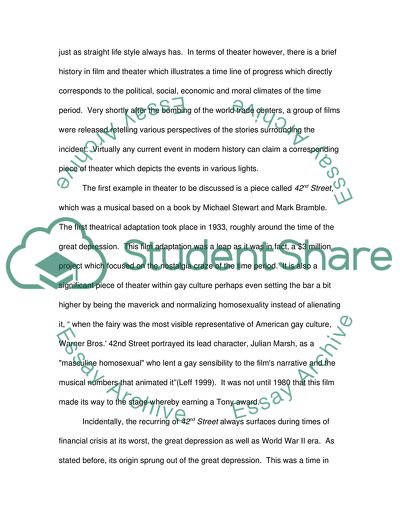Cite this document
(How Musicals Have Responded to Prevailing Cultural, Social, Political Coursework, n.d.)
How Musicals Have Responded to Prevailing Cultural, Social, Political Coursework. Retrieved from https://studentshare.org/visual-arts-film-studies/1717872-think-pink-the-musical-and-its-mise-en-scene
How Musicals Have Responded to Prevailing Cultural, Social, Political Coursework. Retrieved from https://studentshare.org/visual-arts-film-studies/1717872-think-pink-the-musical-and-its-mise-en-scene
(How Musicals Have Responded to Prevailing Cultural, Social, Political Coursework)
How Musicals Have Responded to Prevailing Cultural, Social, Political Coursework. https://studentshare.org/visual-arts-film-studies/1717872-think-pink-the-musical-and-its-mise-en-scene.
How Musicals Have Responded to Prevailing Cultural, Social, Political Coursework. https://studentshare.org/visual-arts-film-studies/1717872-think-pink-the-musical-and-its-mise-en-scene.
“How Musicals Have Responded to Prevailing Cultural, Social, Political Coursework”. https://studentshare.org/visual-arts-film-studies/1717872-think-pink-the-musical-and-its-mise-en-scene.


